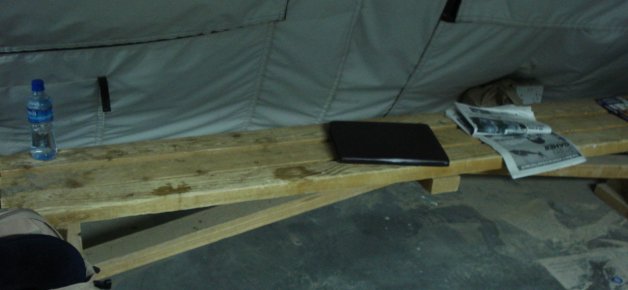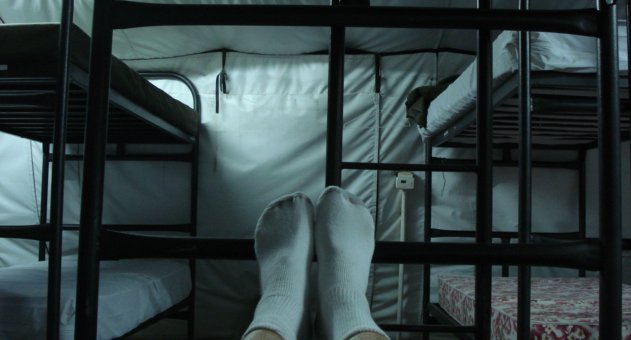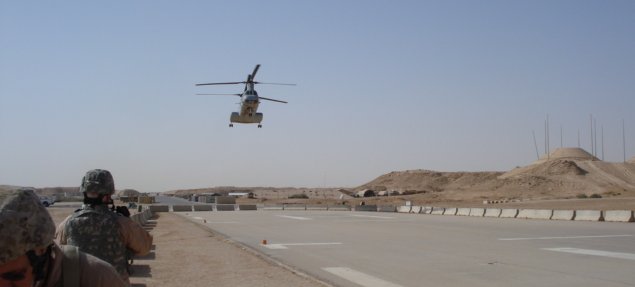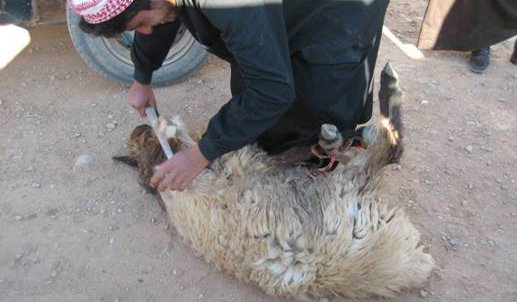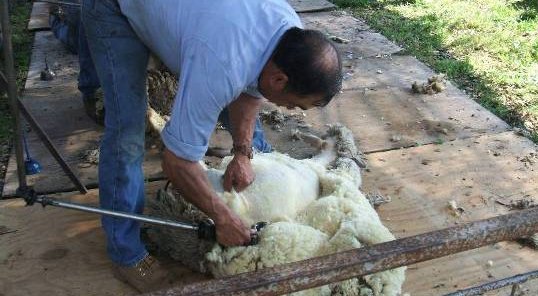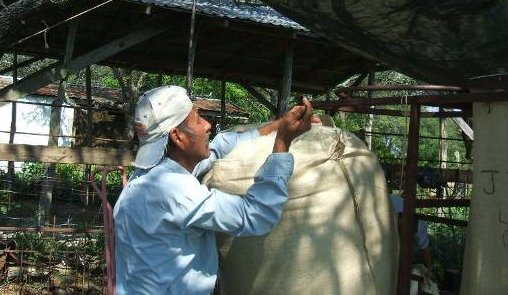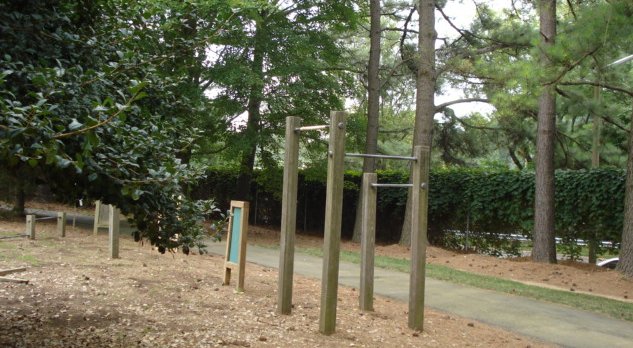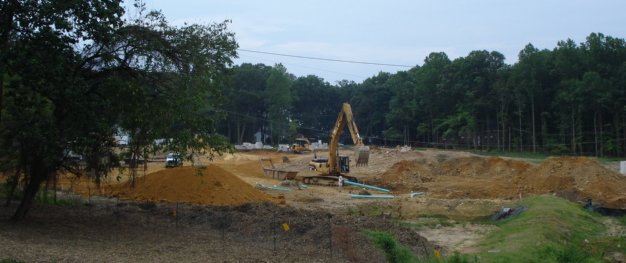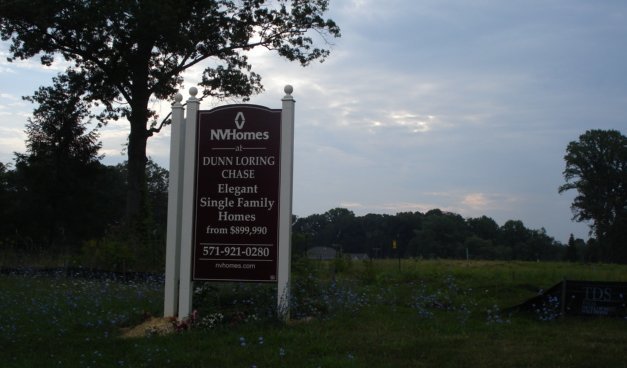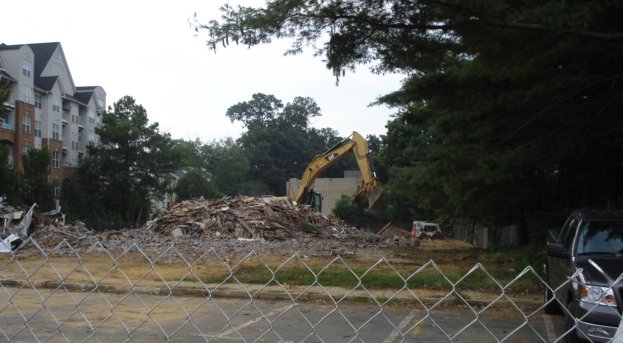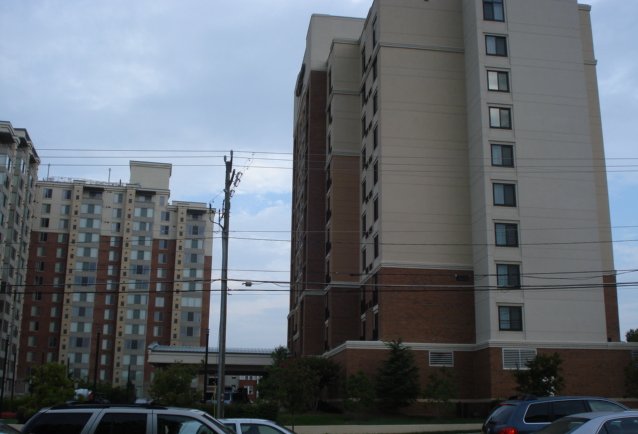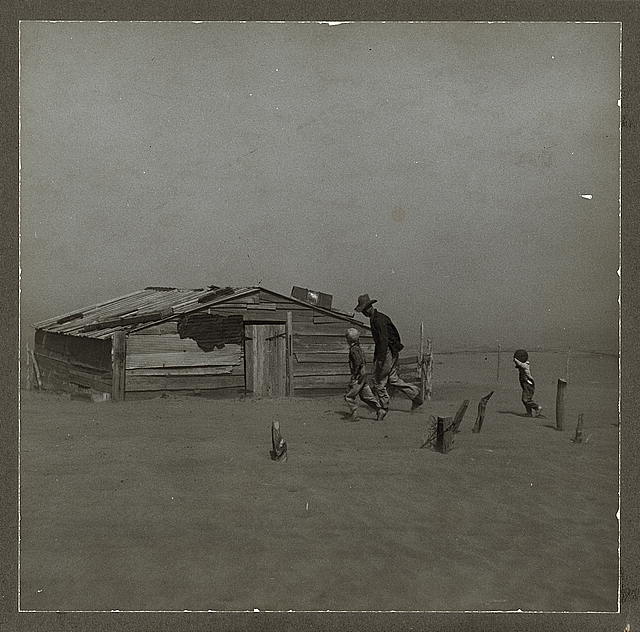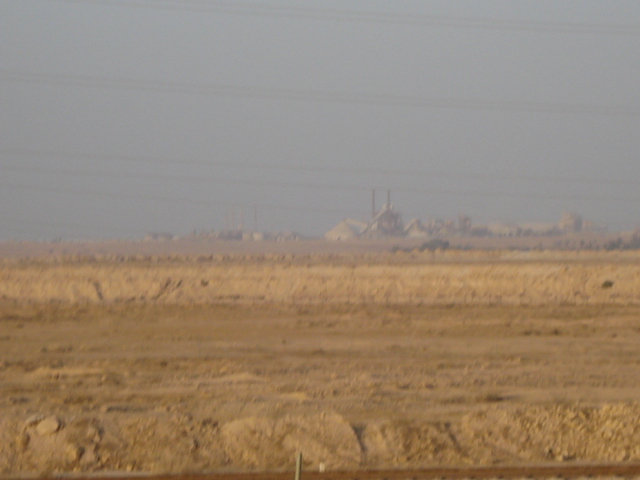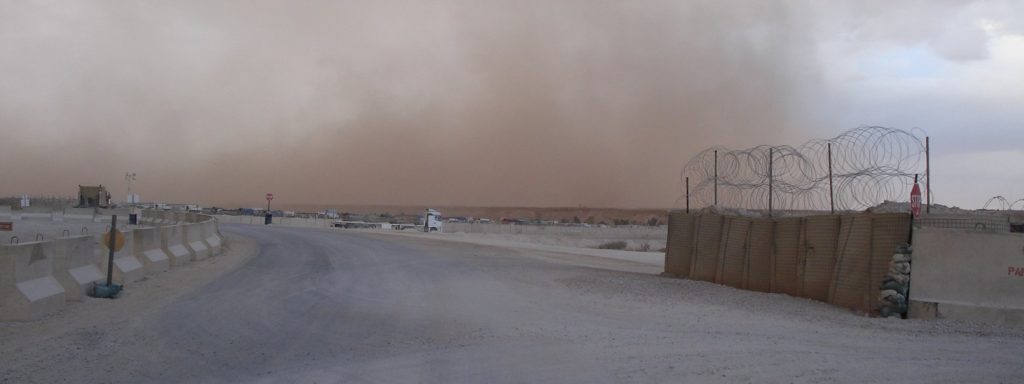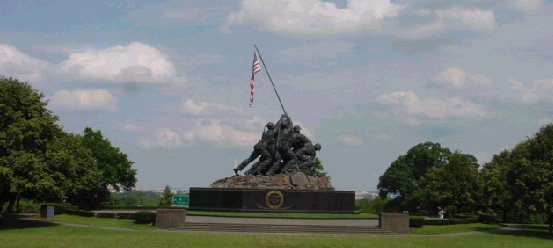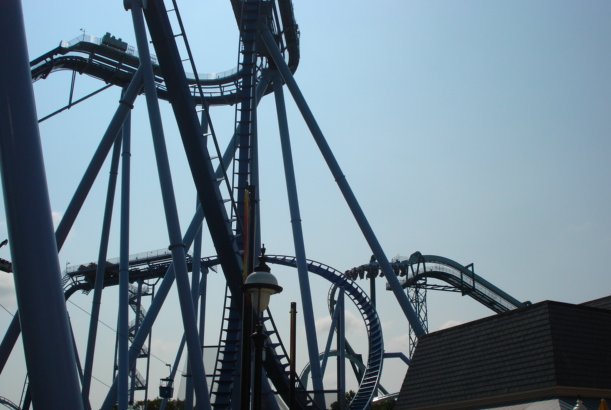Don’t you wish the Iraq war REALLY was for oil as the conspiracy nuts told us? Then we would have that $79 billion dollar surplus Iraq now enjoys. The country earns around $90 billion a year in oil revenues and Iraqi officials face the unusual dilemma of not being able to spend money as fast as it comes it. I wrote re this in an earlier post.
Meanwhile, we Americans are paying for development projects. This is not how the textbooks describe empires. When the Romans took over Carthage, Egypt or Gaul, they MADE money. “To the victor belong the spoils”, is what the Romans always said. That was the way it was throughout history. We Americans broke the mold.
The American method is more enlightened. We started doing this big time with the Marshal Plan after World War II. American generosity made possible the reconstruction of war-torn Europe. Allies and former enemies alike benefited. But it was actually enlightened self interest. It helped us avoid the threats of chaos in Europe and still another rise of an angry and irredentist Germany. Our leaders back then understood that American prosperity would be enhanced by prosperous partners and that prosperity would hold back the evils of Communism. The often overlooked truth of a free market is that everybody is better off when everybody else is better off.
The Romans could profit from the spoils of war because their world was different. The ancient world was much closer to a zero sum game, where one person could gain wealth only at the expense of another. Our world, with its market economy, is a positive sum game, where we can all get richer through trade and better production methods.
We did both the right thing and the smart thing when we choose to help Iraqis to their feet rather than exploit the riches under them. We could not have enjoyed success in Iraq had we not taken the more holistic and enlightened approach. And American success in Iraq in establishing order is what made possible Iraq’s prodigious oil earnings.
We are on the way to a prosperous and stable Iraq that will be a partner of the U.S. rather than a menace to the world. Nevertheless, each part of the journey has different challenges and opportunities. A couple of years ago it looked like Iraq was spinning out of control and was greatly in need of proactive American generosity. As Iraq piles up money from oil revenues, some of the variables of the equation change. Iraq can pay for its own reconstruction and probably help more with the costs of maintaining its own security.
Since the day I arrived in Iraq, we have been working to help them spend their own money. This is NOT a new policy. But the sheer size of the cash mountain has added a new urgency to the efforts and created many new opportunities.
Iraq is a rich country and until the 1970s was one of the most advanced countries in the Middle East, but in recent generations hydrocarbon wealth has been more a curse than a benefit as the oceans of oil fueled wars, facilitated tyranny and permitted mismanagement on a monumental scale. No country w/o such wealth could have afforded to sink so low but still allow the rulers to be so threatening. Iraq’s conflicts were not FOR oil, but they certainly were ABOUT oil. W/o the power oil could by, Saddam would have been someone on the order of Robert Mugabe – a horrible man and a local menace, but not a world concern. Oil wealth boosts the opportunity to do good or evil.
The money accumulating in Iraqi coffers must be used to produce good outcomes, to build infrastructure, to educate the Iraqi people and restore Iraq’s rightful place in the world. If it sits around too long, somebody will figure out how to steal it or employ it in some nefarious fashion. There are lots of projects that need doing in Iraq. In the recent past, the U.S. would have paid for them, but we are weaning them off American largess. Iraq is unique among war-torn states and developing ones in that it has the resources to pay for its own development. It is time they did.

